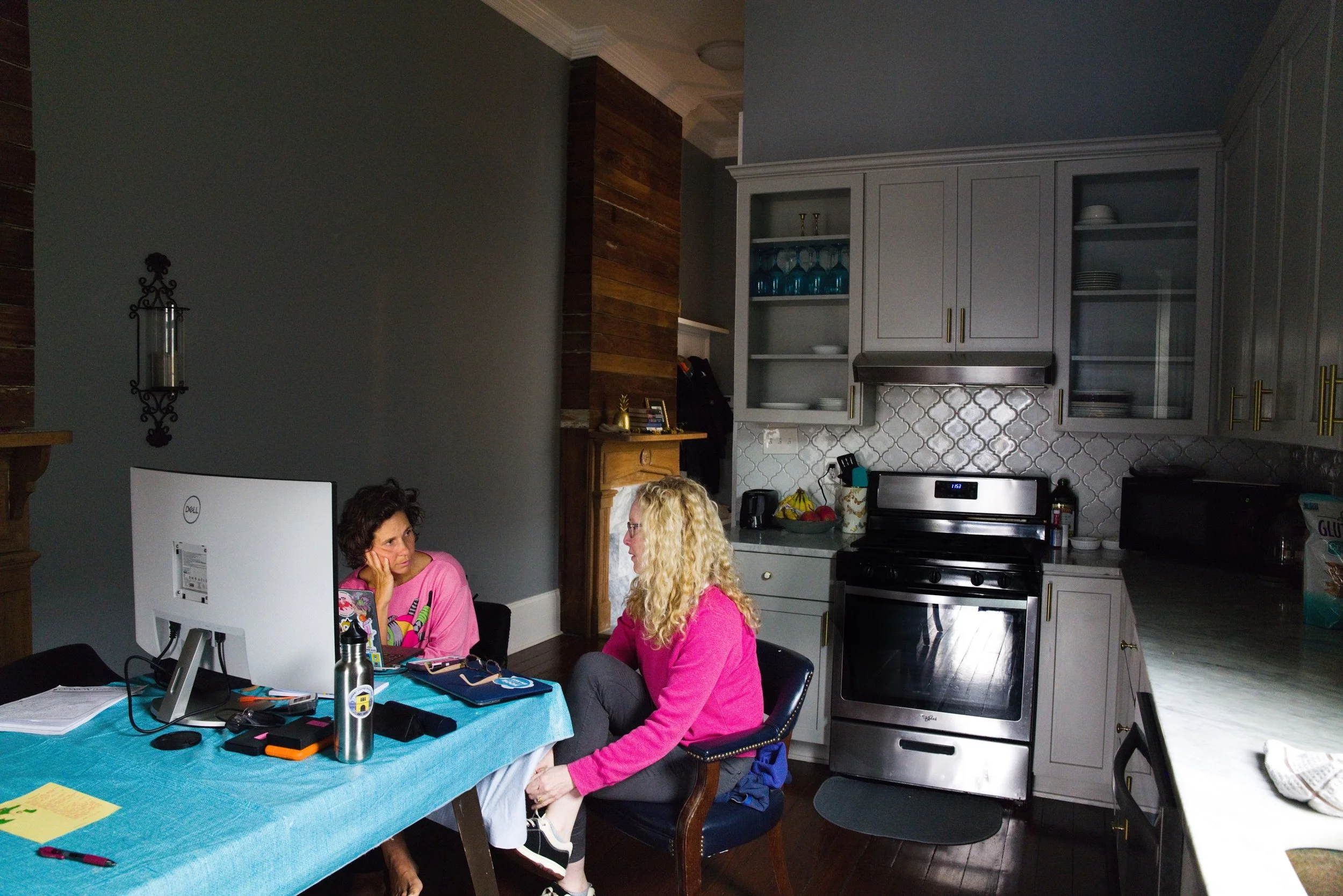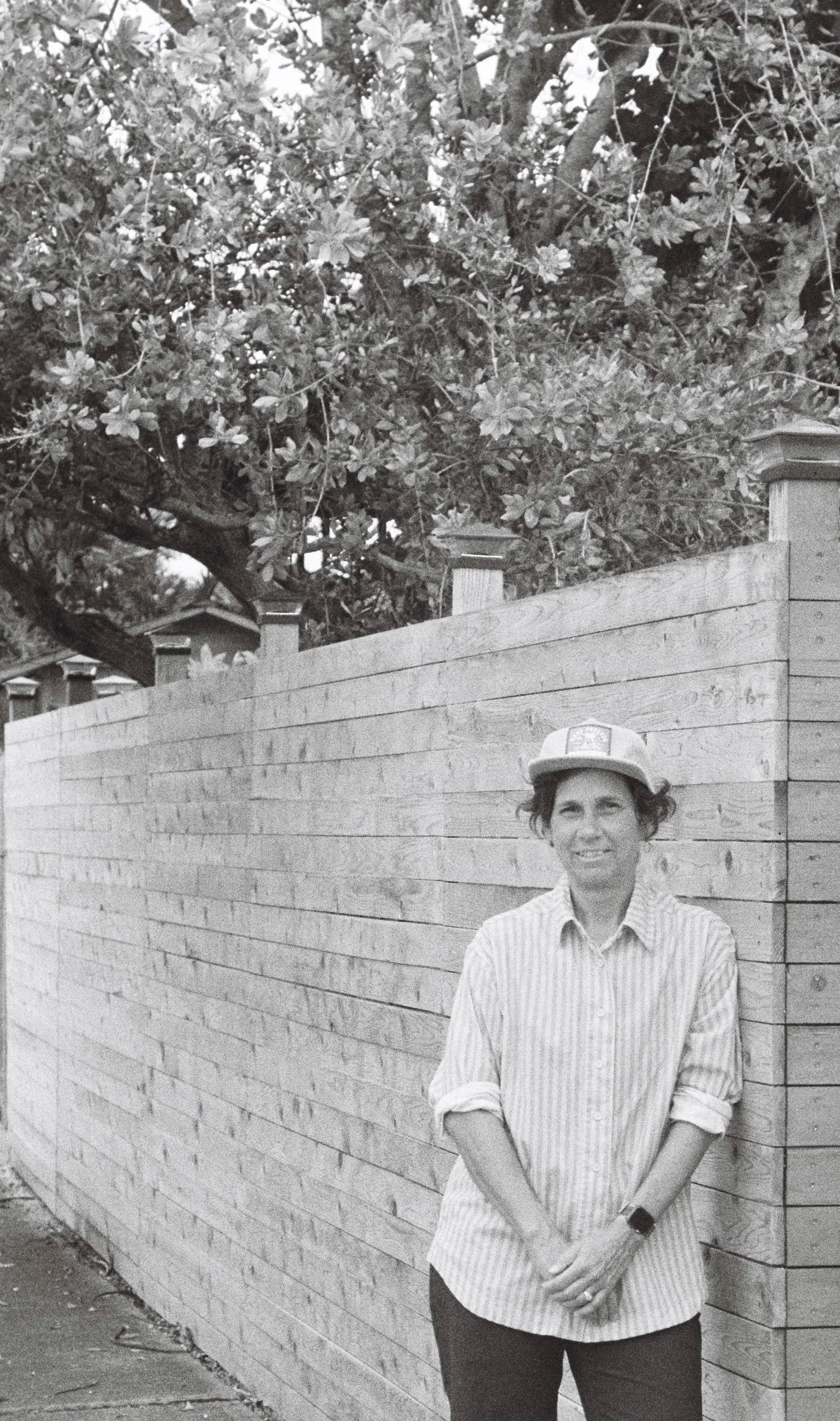While authors may get themselves through the publishing process just fine, many of us lose steam and confidence as soon as our books are published. We’re no longer working with the writing groups, editors, designers, and publishing assistants whose help and encouragement kept us motivated and on task. Now, it’s just us, our books, and the launch we were too busy with book creation to have planned or even considered. This post about planning the perfect book launch event is for authors on all publication pathways.
Read More












